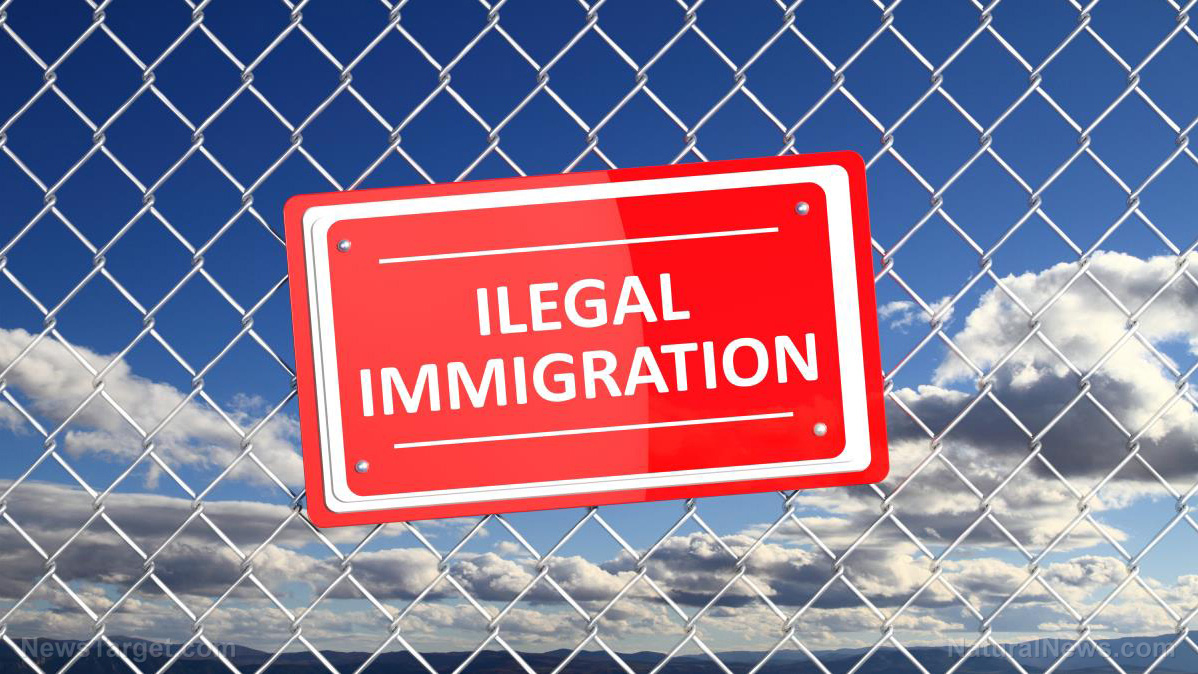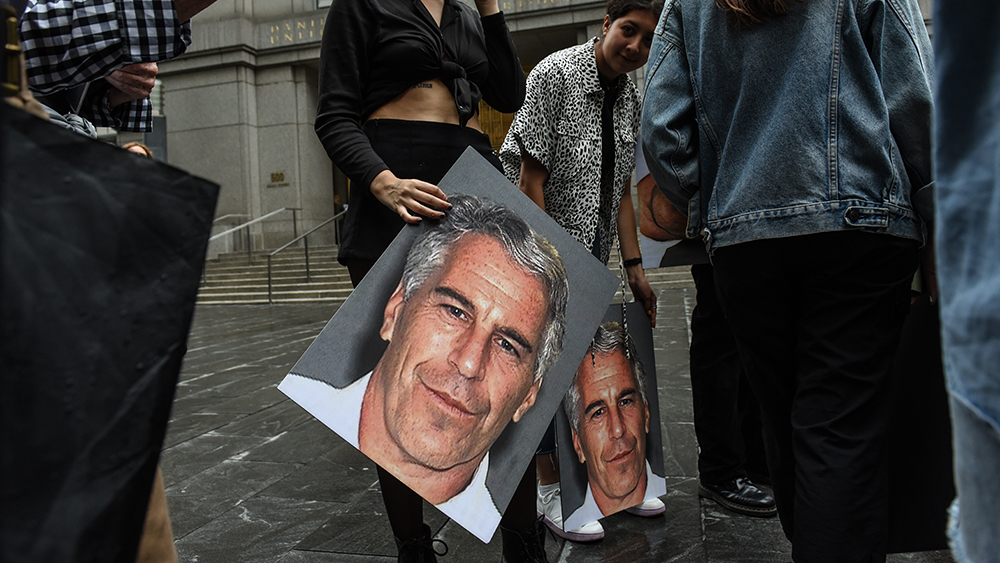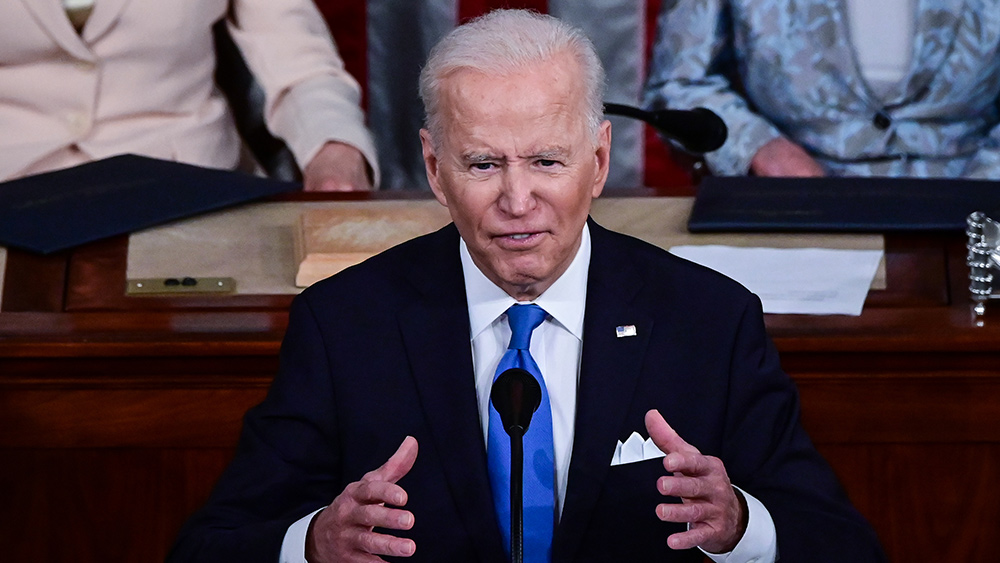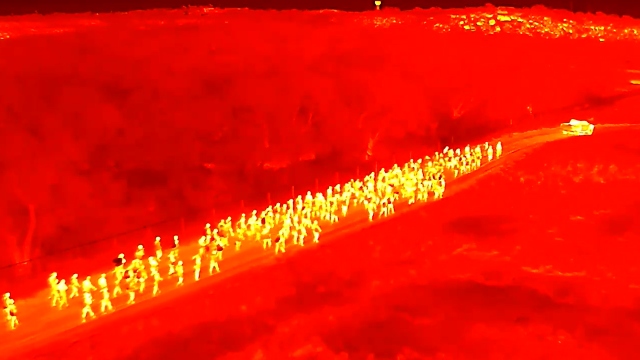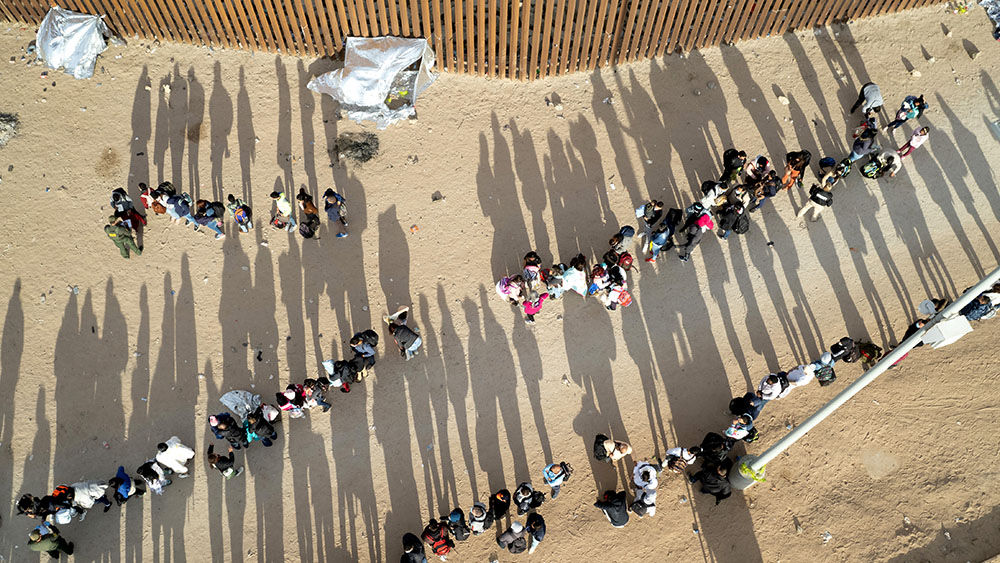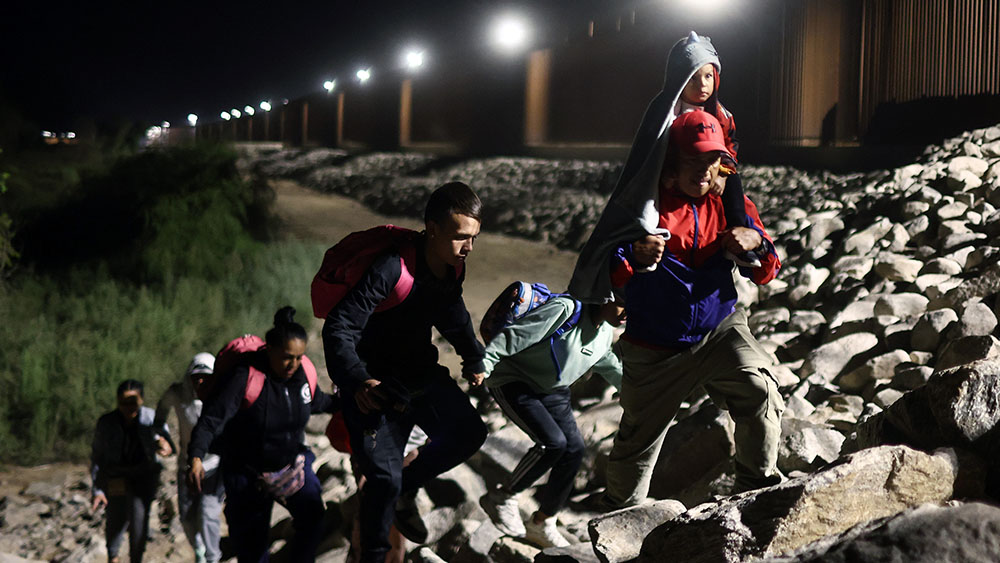IMF says SEIZURE of frozen Russian assets must have sufficient legal support
02/16/2024 / By Richard Brown

Gita Gopinath, the first deputy managing director of the International Monetary Fund (IMF), has stressed that any action that may be taken to gain access to Russia’s frozen deposits must have “sufficient legal support.”
In an insightful interview with Foreign Policy magazine published on Monday, Gopinath highlighted the complexities surrounding the situation.
The United States and the European Union have collectively blocked an estimated $300 billion in assets linked to the Russian central bank since the commencement of the Ukraine conflict in 2022.
A substantial portion of these frozen assets, amounting to €196.6 billion ($211.5 billion), is currently held by the Belgium-based clearinghouse Euroclear. Interestingly, Euroclear accrued nearly €4.4 billion ($4.74 billion) in interest on these funds last year, adding a layer of financial intricacy to the geopolitical landscape.
Recent developments indicate that the European Council has taken steps toward the potential seizure of the interest income generated from these frozen assets. (Related: Russia vows to respond in kind if West seizes its frozen assets.)
Concurrently, the U.S. State Department has disclosed ongoing discussions with allies and G7 partners on strategies for accessing the Russian assets, underscoring the international dimension of the matter.
Gopinath emphasized that the decision on how to handle Russia’s frozen assets ultimately lies with the countries holding them and the negotiations taking place among these nations. Additionally, she stated that IMF analysts would rigorously evaluate the repercussions of any decisions made, both on the fund’s member countries and the broader global economy, should such actions be implemented.
While refraining from passing judgment on the effectiveness of Western sanctions imposed on Russia, Gopinath acknowledged a noteworthy aspect: Russia’s ability to export significant quantities of oil despite price constraints, resulting in substantial earnings from exports.
$300B Russia assets frozen by the West
Following President Vladimir Putin’s deployment of troops into Ukraine in 2022, the U.S. and its allies imposed sanctions, prohibiting transactions with Russia’s central bank and finance ministry. This move resulted in the blocking of approximately $300 billion of sovereign Russian assets in Western countries.
The Financial Times reported that the U.S. has suggested the formation of working groups within the Group of Seven (G7) to explore strategies for seizing these frozen assets.
The assets in question, largely comprised of the Russian central bank’s gold and foreign exchange reserves, were held in liquid forms such as major currencies, gold and government bonds, with around half of these reserves situated in the West.
Central Bank of Russia Governor Elvira Nabiullina faced criticism for allowing a substantial portion of the bank’s reserves to be frozen.
The frozen Russian assets encompassed the euro, U.S. dollar, British pound, Japanese yen, Canadian dollar, Australian dollar, Singapore dollar and Swiss franc holdings, primarily invested in foreign securities, bank deposits and nostro correspondent accounts.
Although the detailed breakdown of the frozen assets was not provided by the Russian central bank, documents from early 2022 revealed the composition of its holdings.
The largest bond holdings included sovereign bonds from China, Germany, France, Britain, Austria and Canada. Notably, Russia’s gold reserves remained within the country, and investments in yuan were held in China. The assets were not concealed through complex structures, making identification straightforward, as most were frozen at depositaries.
Russian officials have staunchly opposed any state confiscation of assets, emphasizing the principles of free markets and the protection of private property.
There are warnings that such actions could lead to reciprocal measures, affecting foreign investors’ assets in Russia, particularly those held in special “C” accounts.
Finance Minister Anton Siluanov mentioned significant funds in these accounts, potentially comparable to the $300 billion of Russian reserves frozen in the West. Kremlin spokesman Dmitry Peskov asserted that Russia would challenge any confiscation in courts, emphasizing immediate response if faced with such actions.
Read more stories like this at RussiaReport.news.
Watch this video discussing the Biden administration’s plan to steal Russia’s frozen assets.
This video is from the Pool Pharmacy channel on Brighteon.com.
More related stories:
Spain’s idea to help Ukraine using SEIZED profits from frozen Russian assets deemed unviable.
Sources include:
Submit a correction >>
Tagged Under:
big government, bubble, chaos, conspiracy, Dangerous, finance, finance riot, frozen assets, frozen funds, insanity, money supply, national security, risk, Russia, Russia-Ukraine war, sanctions, White House, World War III
This article may contain statements that reflect the opinion of the author
RECENT NEWS & ARTICLES
COPYRIGHT © 2017 CONSPIRACY NEWS



